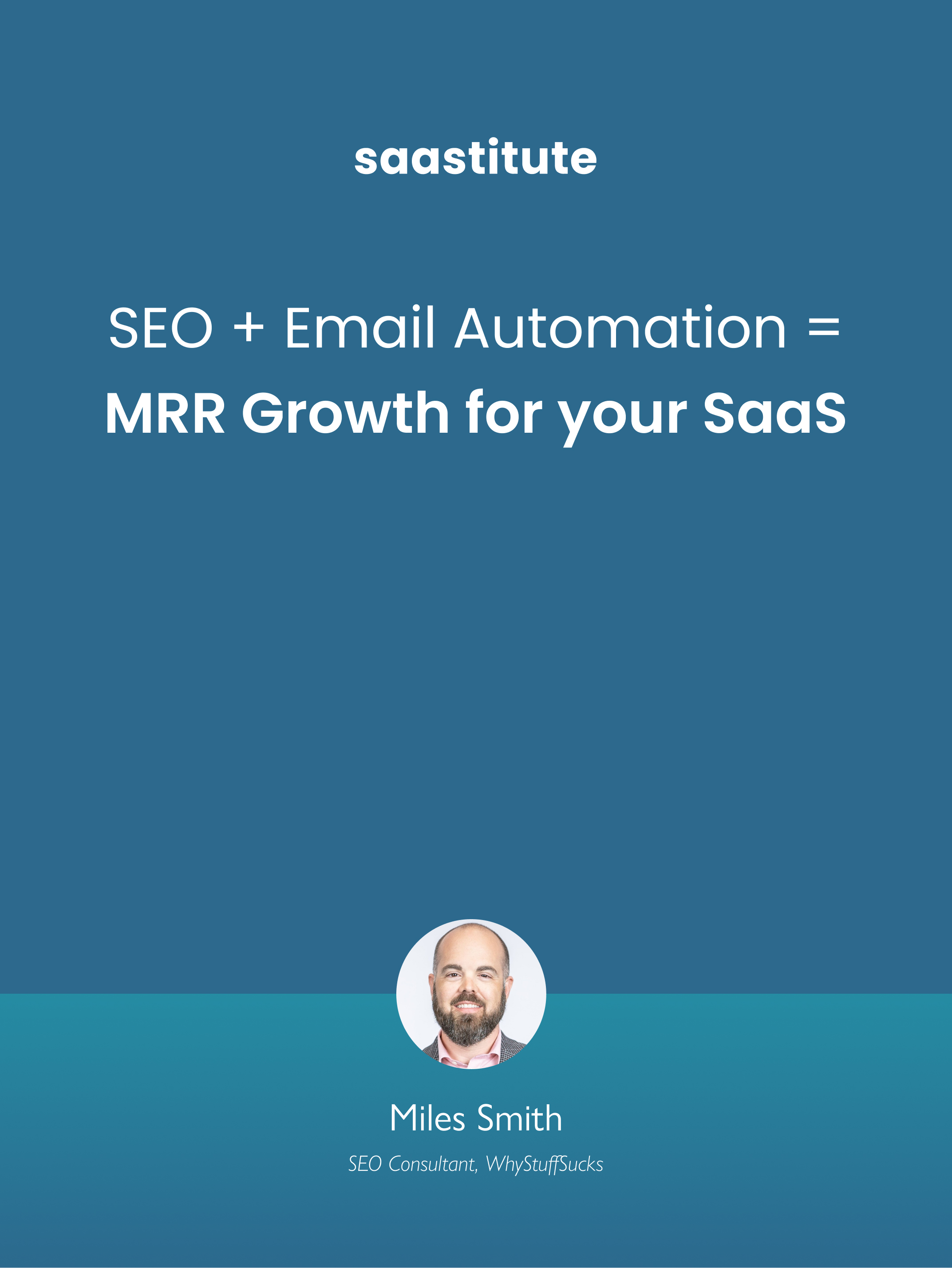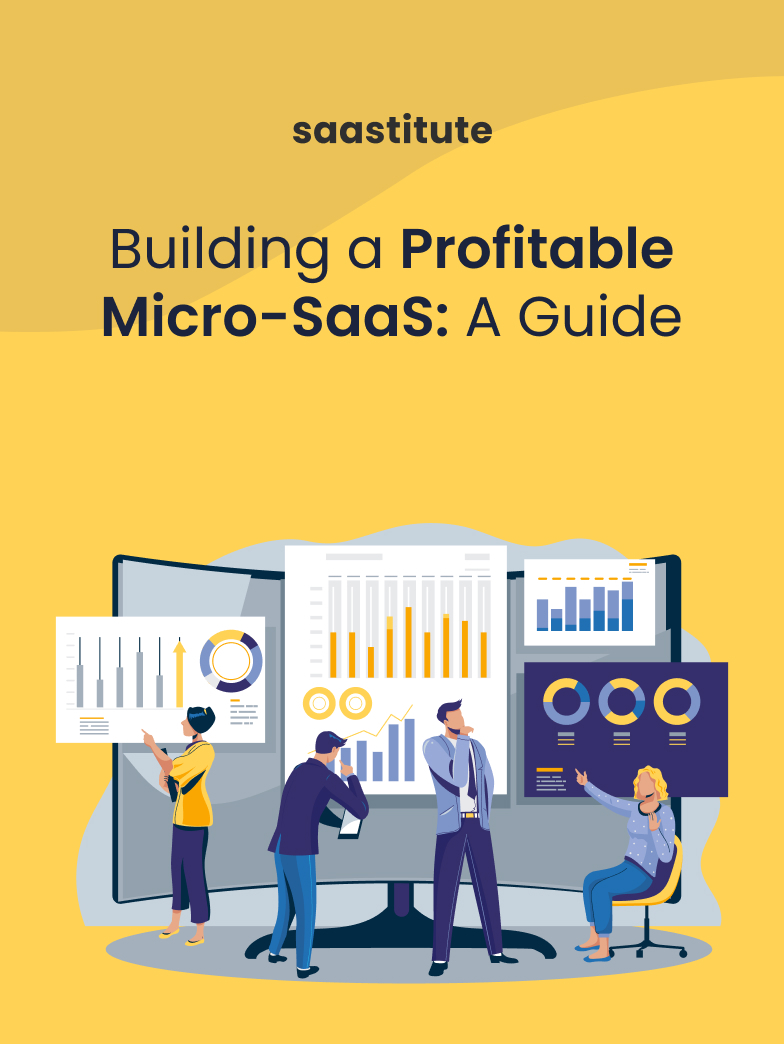Are You a SaaS Business Looking to Grow? Here’s Why Sales Qualification Matters
An efficient sales process is the backbone of a growing business, and qualifying your sales is the smart way to achieve that. Here's a guide to sales qualification for SaaS businesses.

Anshul Mishra, Account Manager at Adobe (Sales and Customer Success)
Is your sales team spending tons of hours catching exciting leads that eventually seem to turn cold? It’s time you think about sales qualification.
‘Sales’ is the essential ingredient that goes into creating a successful business, we all know. But the sales processes in a growing company are ever-changing and need to become more efficient to the rising customer interaction that happens to all businesses as they upscale.
But as businesses of today, we need to realize that sales efficiency doesn’t necessarily rely on the total of the efforts your sales team makes, but on the quality of it. An approach like that is easy to achieve when you start thinking about strategizing how your teams do sales. That’s where sales qualification comes in.
What Is Sales Qualification and Why Does It Matter?
Sales qualification is simply the intelligence that goes behind figuring out whether a prospect is a good fit for your service or product. It helps you understand the potential of a deal early in your conversations, so you know which customers to focus on. And so it relies heavily on the processes you follow in your discovery call phase.
How warm a lead seems during a discovery call has roots in many factors, of course. But one way to streamline your close ratios is to bring processes around sales qualification that pan out during different phases of nurturing a lead.
Sales qualification is important because it helps you save time and utilize it in places that will show you better results. In a way, it’s a productivity hack for salespersons because, at its least, it helps them identify and eventually refine their processes around dealing with leads that waste your team’s precious time.
This holds no matter what your SaaS business type is. Whether you sell to a small group of enterprises or diversify your revenue through a PLG model of selling and retaining customers - knowing which leads will generate maximum benefits will reap you better cash flows and help you create a more stable customer pool.
How to Find the Right Sales Leads?
The success of your sales effort depends on good sales qualification. Now how do you do that?
Well, you ask questions. As simple as it sounds. You get the answer, frame it up in mind. Apply a few permutations and combinations and congratulations you have a deal.
Going down the ladder, sales has two aspects to it –
- Style of Sales (which can vary from person to person)
- Science of sales.
So, a sales rep can have his or her distinctive style of sales. Some may be more persuasive; the rest can have a different strategy to push a customer. You can also be Consultative or informative and then slide in your product. Whatever your approach is Sales will always be structured around 3 things –
- Sales Pitch
- Objection handling
- Closure
When you spend time understanding your customer in your initial interactions, you get an insight into their brain as to what factors influence their decision and that’s when you have cracked the code.
And while the internet will shout in your face and tell you that to know a customer is to make a definite sale, to know a customer is actually to know whether to pursue a deal further or not. In other words, you need to know when to stop. You don’t want to waste your time on a lead that has a 40% chance of converting as opposed to a lead that has maybe a 70% chance of a conversion.
Wasting time on a lead that you had a hunch about eventually turning cold, is the time taken away from a lead that you knew you could convert, only if you had some more time. But that’s tricky because identifying this can seem like a game of luck. I am also not asking you to just give up a lead because it has only a 10-20% chance of a conversion. That’s not what sales qualification is about.
A well-defined sales qualification process will help you divide time between all your different kinds of leads in the most optimum way possible. For example, don’t just cut ties from leads that don’t show a lot of promise yet, but hold the potential to eventually convert. Instead, keep in touch with them, send them product updates in form of newsletters among other things, and catch the lead if it shows interest in the future.
An approach like this also helps you understand drawbacks on your side of things. Is there a smokescreen that you are not aware of? Are they uninterested, or are they facing issues around your product that you’re not able to catch?
Qualifying Your Sales Leads - A Process Guide
An efficient process of qualifying your leads comes from creating a lead qualification framework. At its basic, you need at least two brackets of leads:
- Qualified leads: These are leads you find to be worthy of a quick chase. They can come from multiple channels and are then filtered out based on priority.
- Disqualified leads: The nurturing sequence for these leads does not look the same as it does for the leads above. These are leads that are not relevant to your product/service. It’s like wanting to sell extra-sugary ice cream to a diabetic patient.

Most of your Qualified leads also come from MQL and are generally pre-qualified because they know about your product and services and have a clear intention of curiosity about your product or services.
It’s the SQLs that need a little bit more introspection before deciding on the chase process you want to follow for them. This is where the quality of your questions matters.
How to Use Qualifying Questions
Questions can be subcategorized into two parts
- Broad Questions
These make for good questions to break the ice. These should be simple questions that help you gain more context about the company and also the person you’re talking to. It also helps to start by asking open-ended questions. Here are a few examples of sales qualifying broad questions:
- How is Monday treating you / how is Tuesday working out to be?
- What's the best part about your work?
- I would love to know a bit about your company and its background.
- What is the biggest challenge that you are facing right now?
- What do your day-to-day activities look like?
- Targeted Questions
Once you’ve gained the context you needed, targeted questions can help you narrow down on points you found relevant, or to even sway a conversation in the direction you want. Here are a few examples of sales qualifying targeted questions:
- I would love to know about your roles and responsibilities in the company.
- What key areas of improvement are you looking for by purchasing this product?
- What are the key challenges that you are facing in your department at the moment?
- How much budget have you allocated for this process/ product or service?
- Is there anyone else I need to speak to to get through the decision-making process?
Qualifying a lead with Frameworks
While a framework alone won’t help you crack the best of your deals, they serve as common blueprints that you can keep handy. These help you stay on track, extract the right information, while also helping you stay on track on a call that seems to run in many directions:
BANT sales qualification framework
It’s an abbreviation for a simple set of things - Budget, Authority, Need, and Timeline, and your questions when using this framework should center around these topics. This comes in handy mostly when trying to understand broad strokes or exploring opportunities, or even qualifying stakeholder-level sales leads.
MEDDIC sales qualification framework
This particular framework helps you understand your target company’s purchasing processes. Apart from gaining context around metrics, decision process, criteria, and pain points, it also helps you identify two core components that can catalyze your sales qualification process:
- Economic buyer: The person who gives the final approval to the deal, on whose approval your deal is done.
- Champion: An employee in the company (to which you are selling) who would advocate for your product. Generally, they should be one of the key stakeholders in the decision-making process and will play a crucial role for you to crack this deal.
Tea for the Road
Sales qualification processes are a sustainable approach for companies looking to help their sales teams do better sales. While there’s always a star performer in a sales team, the goal of an upscaling SaaS business should be to help all their sales reps be more productive and be able to tap into their true potential.
By creating frameworks around sales qualification, you eventually bring in more fruitful opportunities which in turn helps you get better results.














.svg)


